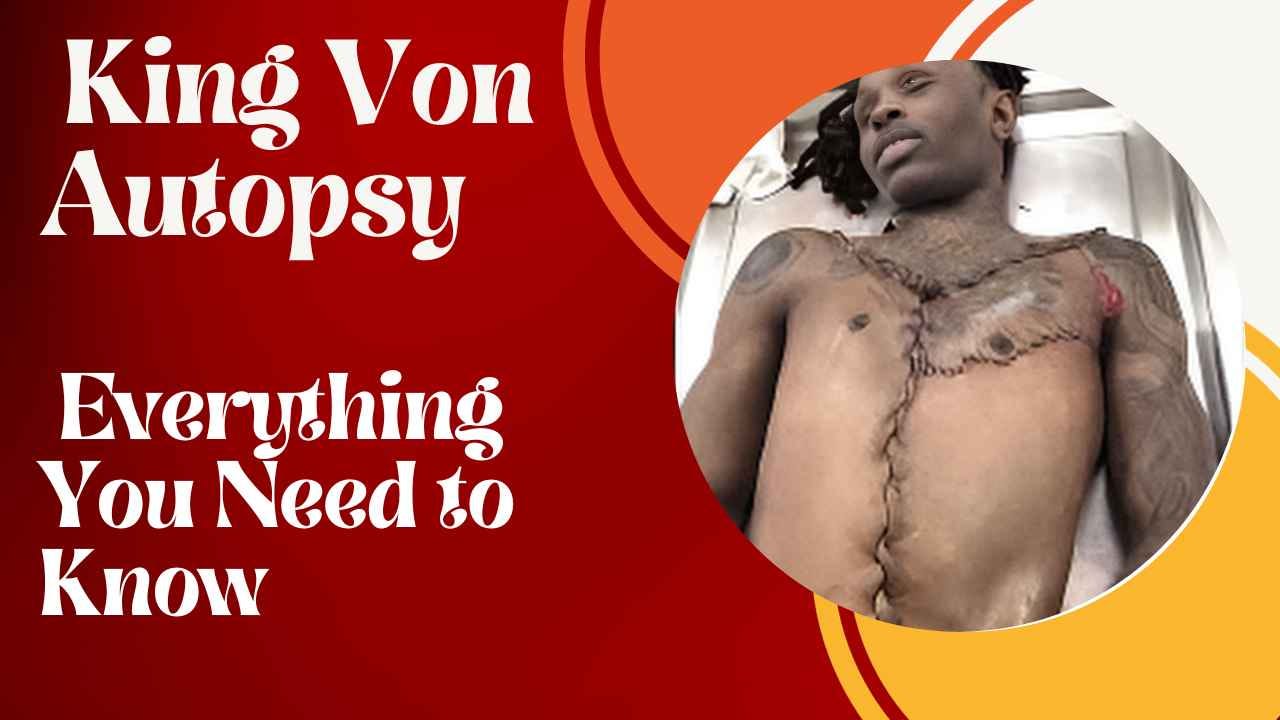The term "von autopsy" may invoke images of chilling crime scenes and the meticulous science behind forensic investigation. However, it encompasses much more than just the examination of deceased individuals. It represents a bridge between life and death, an exploration of the human condition, and a profound quest for truth. In this article, we delve into the various aspects surrounding von autopsy, from its historical significance to its role in contemporary forensic science. Join us as we journey through the intricacies of this field, shedding light on the mysteries that lie beneath the surface.
The process of autopsy is not merely an act of dissection or examination; it is a meticulous investigation that seeks to answer the most pressing questions regarding a person's death. The practice has evolved over centuries, with roots tracing back to ancient civilizations where scholars studied human anatomy to unlock the secrets of life and death. Today, the von autopsy serves as a pivotal tool in both criminal investigations and medical research, providing invaluable insights that can influence legal decisions and public health policies.
As we navigate through the complexities of von autopsy, we will explore its various applications, the procedures involved, and the ethical considerations surrounding this sensitive practice. From understanding the motivations behind autopsies to examining notable cases that have shaped public perception, this article aims to provide a comprehensive overview of von autopsy and its significance in our society.
What is the Historical Background of Von Autopsy?
The history of autopsy dates back to ancient times when physicians and scholars sought to understand the human body. Notably, the Greek physician Hippocrates emphasized the importance of observing patients and their conditions, laying the groundwork for modern medical practices.
How Did Autopsy Practices Evolve Over Time?
Throughout history, various cultures have contributed to the evolution of autopsy practices. In medieval Europe, the Church played a significant role in regulating bodily examinations, while the Renaissance ushered in a new era of scientific inquiry. Key developments included:
- The establishment of anatomy schools in the 16th century.
- The use of autopsy in legal investigations during the 19th century.
- The introduction of forensic pathology as a recognized discipline in the 20th century.
What is the Purpose of Conducting a Von Autopsy?
Von autopsy serves multiple purposes, including:
- Determining the cause of death.
- Providing evidence in criminal cases.
- Contributing to medical research and education.
- Assisting in public health initiatives.
Who Are the Key Figures in the Field of Von Autopsy?
Throughout history, several individuals have made significant contributions to the field of autopsy and forensic science. Notable figures include:
- Hans Gross: An Austrian jurist known as the father of criminalistics, he emphasized the importance of forensic science in legal investigations.
- Dr. Thomas Noguchi: A prominent forensic pathologist who conducted high-profile autopsies, including that of Marilyn Monroe.
- Dr. Michael Baden: A well-known forensic pathologist and television personality who has been involved in many controversial cases.
What Does a Typical Von Autopsy Procedure Involve?
The von autopsy process typically involves several key steps:
- External examination of the body.
- Internal examination and dissection of organs.
- Collection of tissue samples for toxicological analysis.
- Documentation of findings and preparation of an autopsy report.
What Ethical Considerations Surround Von Autopsy?
Conducting a von autopsy raises several ethical questions, including:
- Consent from family members.
- Cultural beliefs surrounding death and the treatment of bodies.
- The need for transparency and accountability in forensic practices.
How Does Von Autopsy Impact Legal Proceedings?
In legal contexts, von autopsy findings can significantly influence the outcome of criminal cases. They provide crucial evidence that can:
- Determine whether a death was accidental, suicidal, or homicidal.
- Identify potential suspects based on forensic evidence.
- Support or refute claims made in court.
What Role Does Technology Play in Modern Von Autopsy?
Advancements in technology have revolutionized the way von autopsies are conducted. Innovations include:
- Digital imaging techniques for detailed body scans.
- 3D modeling for visualization and analysis.
- Genetic testing to identify underlying health issues.
How Can Von Autopsy Contribute to Public Health?
Von autopsy findings can play a vital role in public health initiatives by:
- Identifying trends in causes of death.
- Informing preventive health measures.
- Providing data for epidemiological research.
Conclusion: The Importance of Von Autopsy in Society
In summary, von autopsy is a multifaceted practice that goes beyond the mere examination of bodies. It serves as a critical tool in the pursuit of truth, justice, and understanding. As society continues to evolve, so too will the methodologies and ethical considerations surrounding von autopsy. By recognizing its significance, we can appreciate the profound impact this practice has on our understanding of life, death, and everything in between.
You Might Also Like
Unveiling The Truth: Olivia Rodrigo Nude And Her Journey In The SpotlightExploring The Enigmatic Life Of Morgan Freeman And His Wife In 2024
Unveiling The Mystery Behind The Morgan Vera Leak
Unraveling The Mystery Of Jack Doherty And McKinley Leak
Exploring The Allure Of Pinay Sex: A Cultural Perspective
Article Recommendations
- Hannah Selleck
- Sophie Rain Videos
- Brice Akuesson Age
- Rita Faez Leak
- Nathan Fillion Children
- Meg Turney Leaks
- Hd Hub 300mb Movie Download
- Is Selina Gomez Pregnant
- What Is Camilla Araujo Job
- Luxmovies 2024


